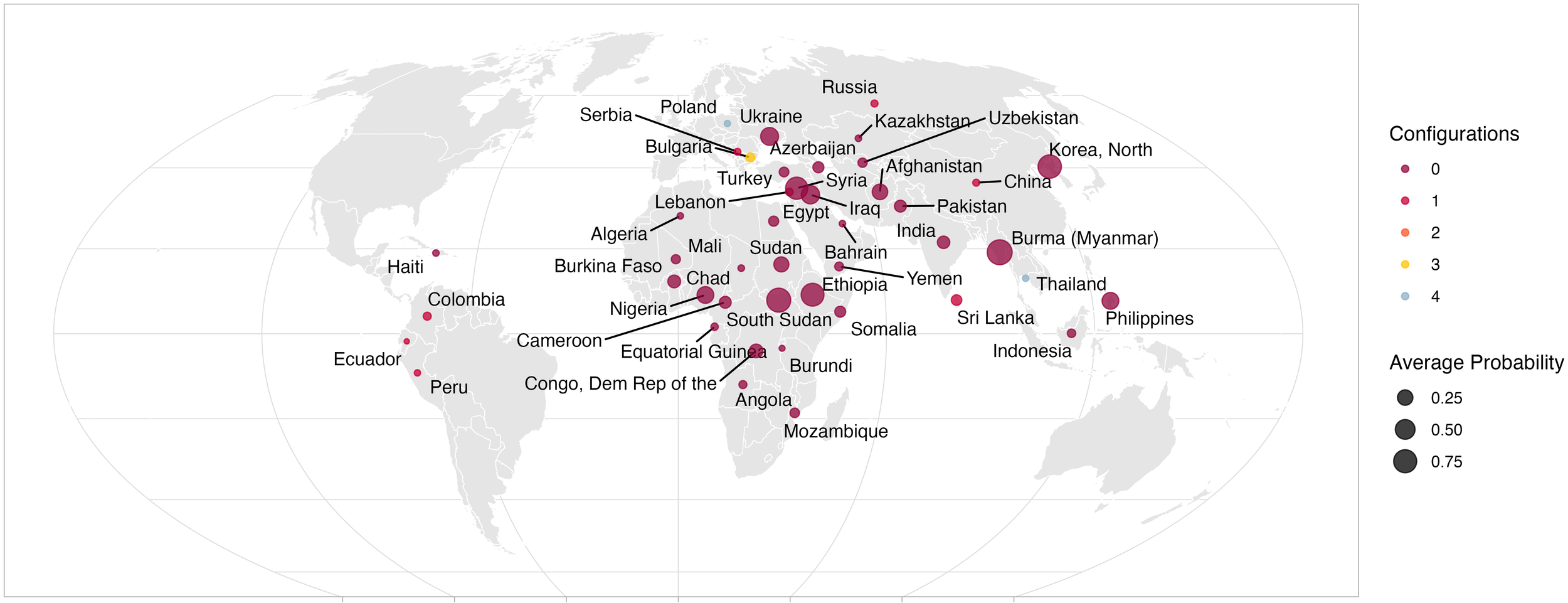
Research on the Causes of Atrocity
I seek to understand why atrocities happen. This involves using statistics to identify which countries and communities are most at risk of atrocity. It also includes analyzing the triggers of escalations in atrocity, as well as interviewing people who commit violence to better comprehend the factors that shape their decision-making. Below, you’ll find my TEDx talk on this topic, as well as some of my research. This work has been funded by the National Science Foundation, the United States Government, Women & Philanthropy, and Ohio State’s Criminal Justice Research Center.
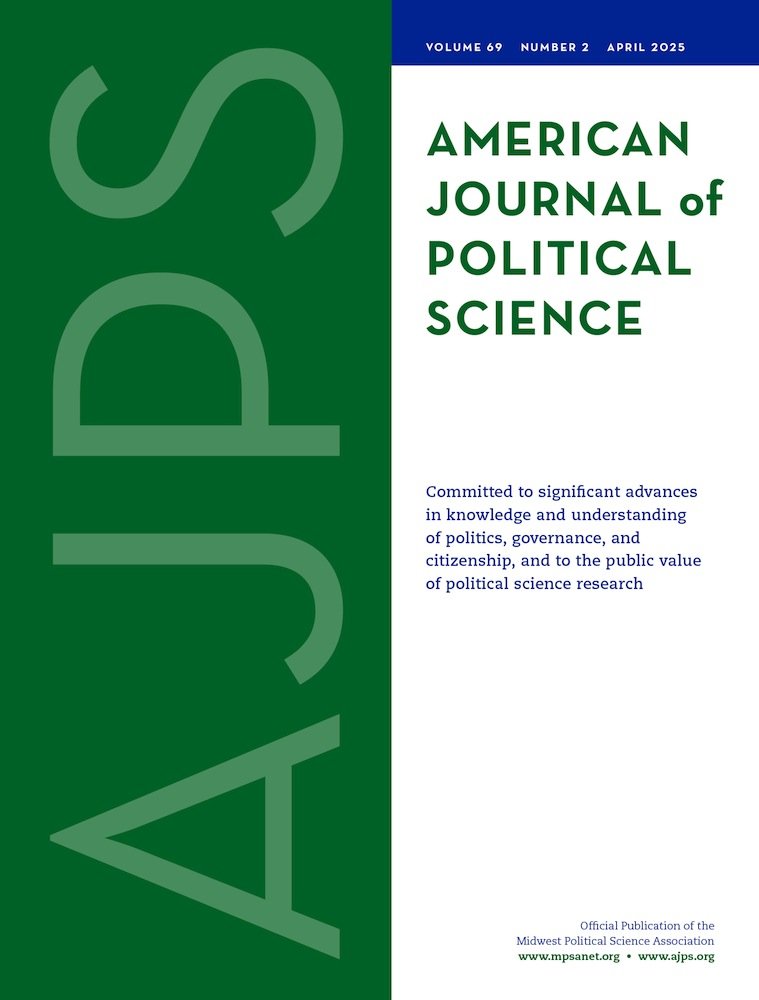
Edgerton, Jared, Elizabeth L. Brannon, Dagmar Heintze, and Hollie Nyseth Nzitatira. “Unpacking the Gendered Dimensions of Political Violence: Co-Participation and the Centrality of Women During the 1994 Genocide in Rwanda.” Forthcoming. American Journal of Political Science.

Nyseth Nzitatira, Hollie, Trey Billing, and Jared Edgerton. 2024. “How Radio Affects Violent Conflict: New Evidence from Rwanda.” American Sociological Review 89(5):876-906.
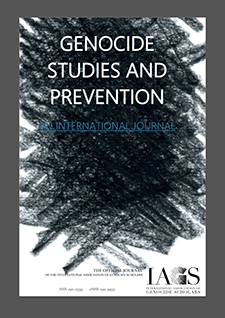
Nyseth Nzitatira, Hollie, Eric Schoon, and Trey Billing. 2024. “Leveraging a Multi-Method Approach to Improve Mass Atrocity Forecasting.” Genocide Studies and Prevention 18(1):54-83.

Nyseth Nzitatira, Hollie, Jared Edgerton*, and Laura Frizzell. 2022. “Analyzing Participation in the 1994 Genocide in Rwanda.” Journal of Peace Research 60(2):291-306.

Nyseth Nzitatira, Hollie. 2022. “Predicting Genocide.” Pages 45-74 in Genocide: Key Themes. Edited by Dirk Moses and Donald Bloxham. Oxford University Press.
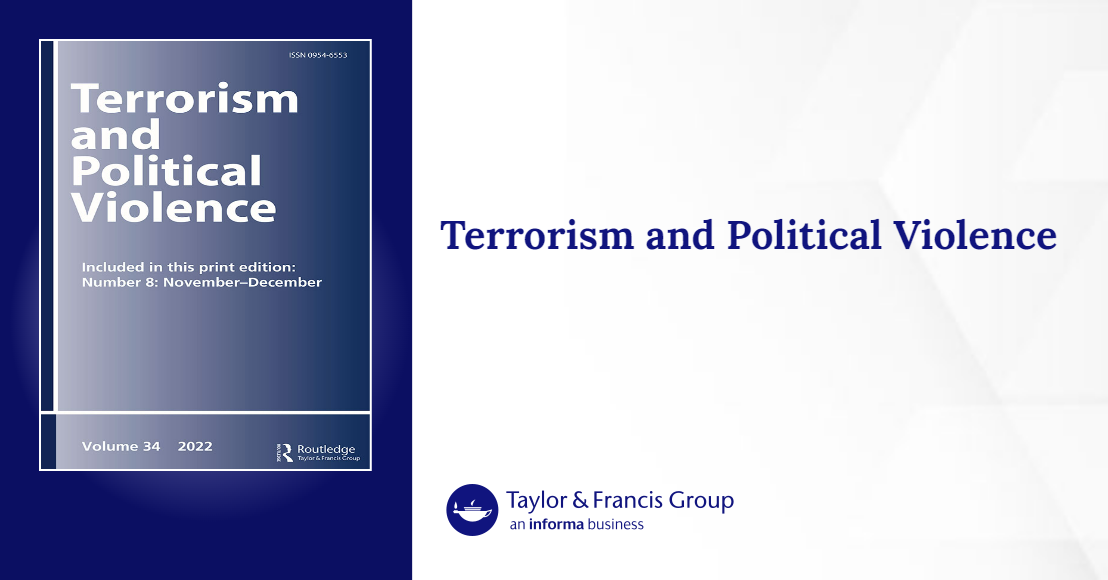
Nyseth Brehm, Hollie, Amanda Robinson, and Mini Saraswati. 2021. “Triggers of Escalations in Violence Against Civilians by Non-State Actors in Africa.” Terrorism and Political Violence 35(3):658-676.
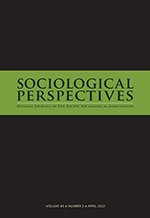
Taylor, Whitney and Hollie Nyseth Brehm. 2021. “Sanctioning Genocide: To What Effect?” Sociological Perspectives 64(6):1081-1103.

Nyseth Brehm, Hollie, Michelle L. O’Brien, and j. Siguru Wahutu. 2021. “Problems with Oversimplified Categories in the Study of Collective Violence.” Sociology of Development 7(4):394-415.

Susanne Karstedt, Hollie Nyseth Brehm, and Laura C. Frizzell. 2021. “Genocide, Mass Atrocity, and Theories of Crime: Unlocking Criminology’s Potential.” Annual Review of Criminology 4:75-97.
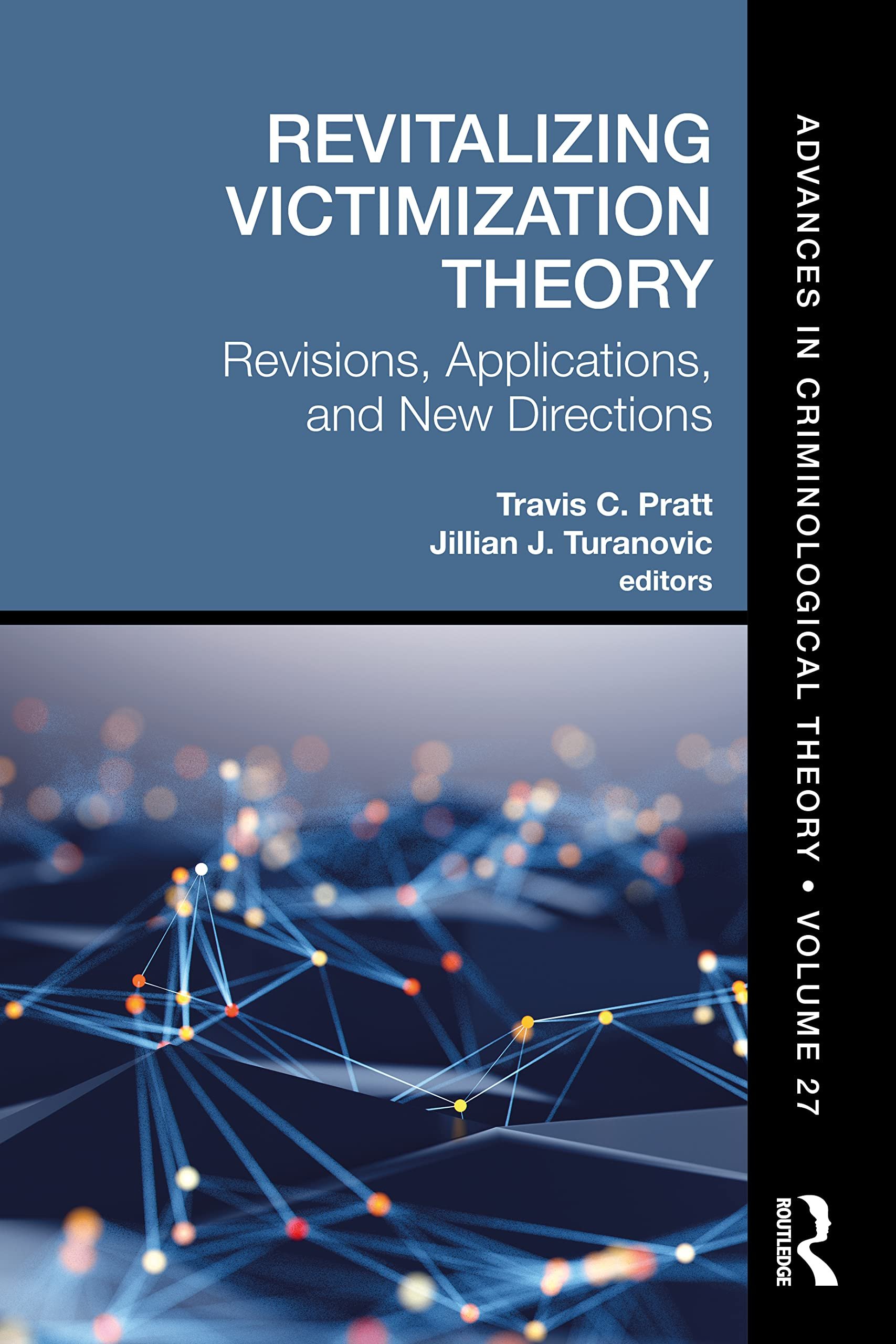
Nyseth Brehm, Hollie and Laura C. Frizzell. 2021. “Victims of Atrocity Crimes.” Pages 131-162 in Revitalizing Victimization Theory: Revisions, Applications, and New Directions. Edited by Travis C. Pratt and Jillian J. Turanovic. Routledge.

Nyseth Brehm, Hollie. 2019. “Moving Beyond the State: An Imperative for Genocide Prevention.” Genocide Studies and Prevention: An International Journal 13(3):64-78.
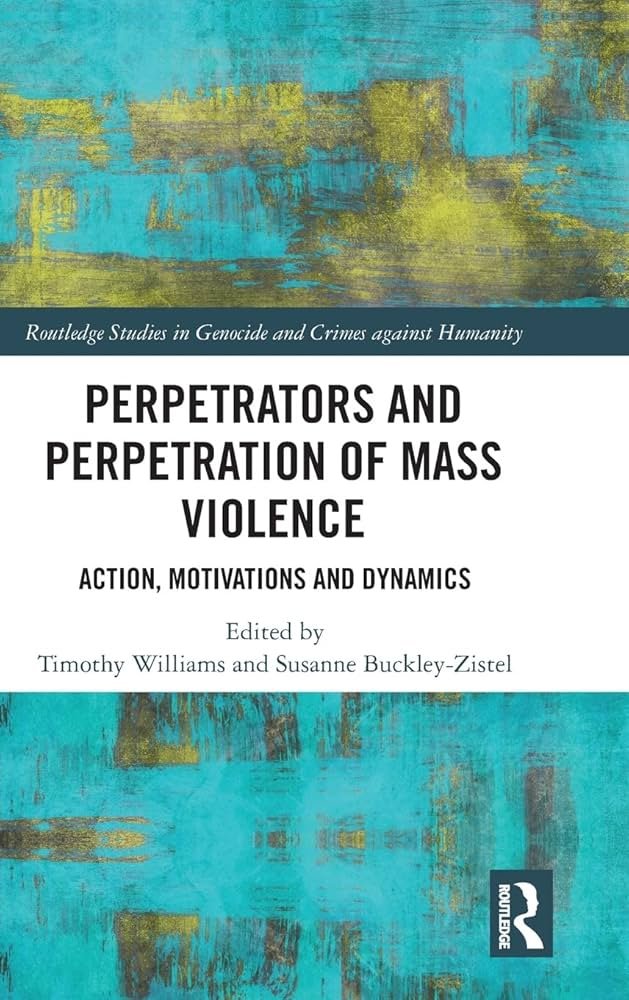
Gertz, Evelyn, Hollie Nyseth Brehm, and Sara E. Brown. 2018. “Gender and Genocide: Assessing Differential Opportunity Structures of Perpetration in Rwanda.” Chapter 7 in Perpetrators and Perpetration of Mass Violence: Action, Motivations and Dynamics. Edited by Timothy Williams and Susanne Buckley-Zistel. Routledge.

Nyseth Brehm, Hollie, Christopher Uggen, and Suzy McElrath. 2018. “A Dynamic Life-Course Approach to Genocide.” Social Currents 5(2):107-119.

Nyseth Brehm, Hollie. 2017. “Subnational Determinants of Killing in Rwanda.” Criminology 55(1):5-31.
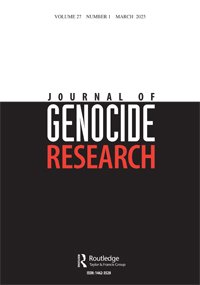
Nyseth Brehm, Hollie. 2017. “Re-examining Risk Factors of Genocide.” Journal of Genocide Research 19(1):61-87.

Nyseth Brehm, Hollie, Christopher Uggen, and Jean-Damascéne Gasanabo. 2016. “Age, Gender, and the Crime of Crimes: Toward a Life-Course Theory of Genocide Participation.” Criminology 54(4):713-743.

Ferrales, Gabrielle, Hollie Nyseth Brehm, and Suzy McElrath. 2016. “Gender-Based Violence Against Men and Boys in Darfur: The Gender-Genocide Nexus.” Gender & Society 30(4):565-589.
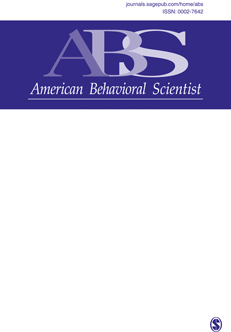
Nyseth Brehm, Hollie. 2015. “State Context and Exclusionary Ideologies.” American Behavioral Scientist 60(2): 131-149.
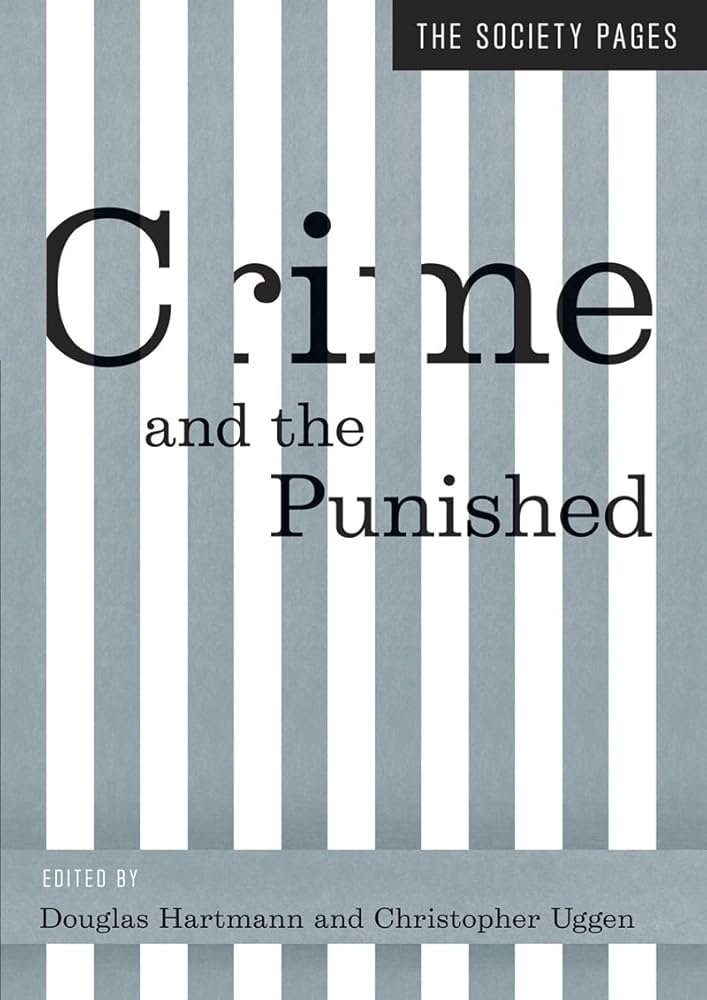
1. Nyseth Brehm, Hollie. 2013. “The Crime of Genocide.” Pages 124-137 in Crime and the Punished. Edited by Douglas Hartmann and Christopher Uggen. W.W. Norton & Company.